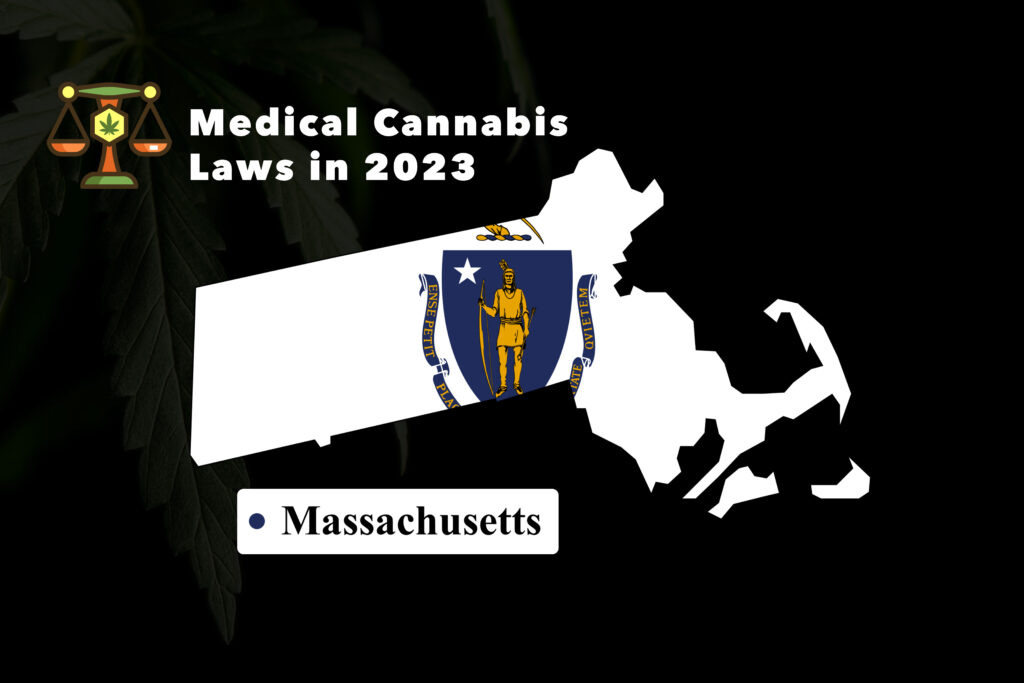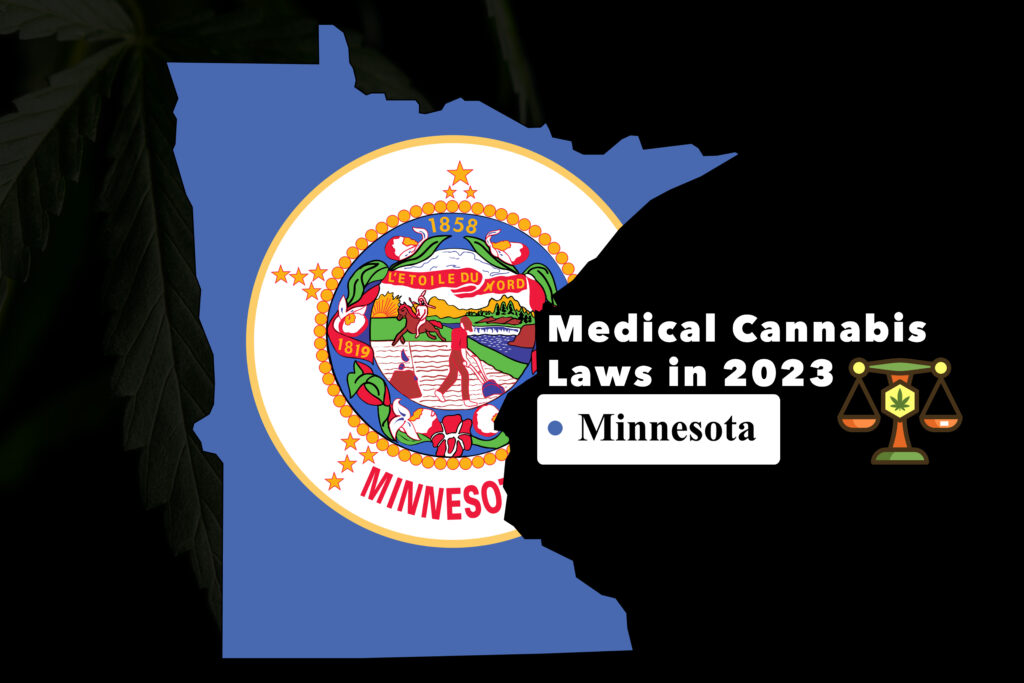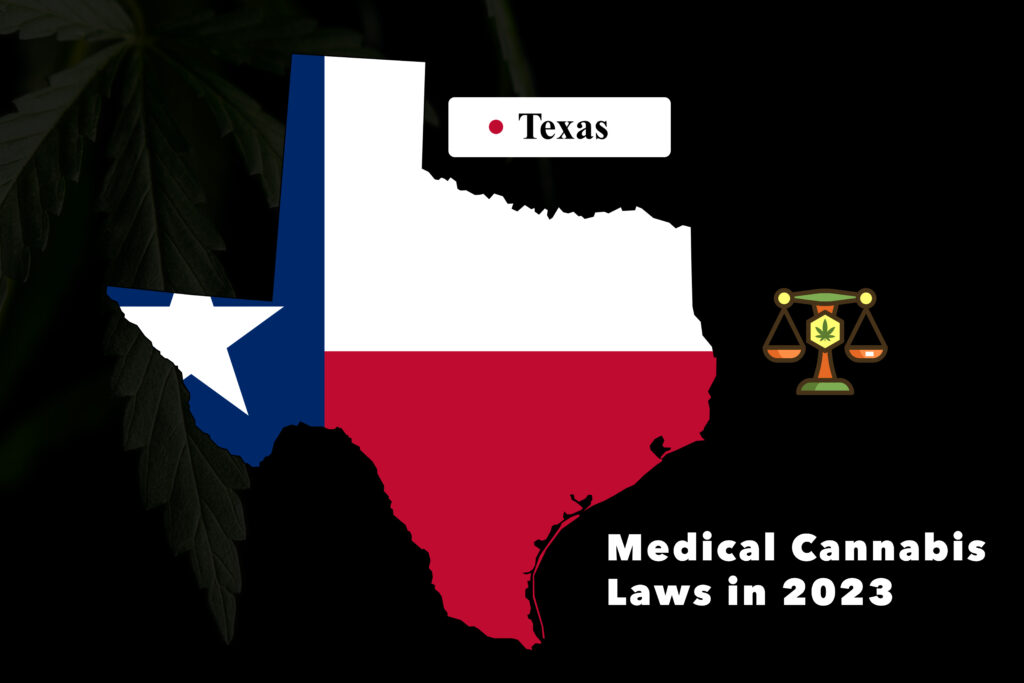We’ll help you navigate New Jersey medical cannabis laws. Whether you’re a patient seeking relief or simply a curious resident, this guide is designed to shed light on the state’s possession laws, cultivation guidelines, and sales taxes. Let’s dive in!
Understanding New Jersey’s Medical Cannabis Possession Laws

In New Jersey, the medical use of cannabis is regulated under the Jake Honig Compassionate Use Medical Cannabis Act. Registered patients with qualifying conditions, here’s what you need to know about possession:
- You’re allowed to possess up to 3 ounces of medical cannabis over a 30-day period.
- It’s vital to remember to keep your medical marijuana card with you wherever you go so you can easily show that you’re authorized to use it.
- Unauthorized possession can lead to severe penalties, so it’s always best to stay within the legal limits.
Cultivating Medical Cannabis at Home: Is It Legal?
Currently, under New Jersey law, cultivating cannabis at home is not permitted, even for registered medical patients. That means you should obtain your medical cannabis through a state-licensed dispensary. As of now, there are around a dozen Alternative Treatment Centers (ATCs) operating across the state where you can purchase your medicine.
Navigating Sales Taxes on Medical Cannabis
Here’s the exciting news: New Jersey is phasing out sales tax on medical cannabis. As of July 1, 2022, the sales tax rate decreased to 2%, down from 4% the previous year. Even better, by 2023, there will be no sales tax on medical cannabis at all. This is part of New Jersey’s ongoing commitment to making medical cannabis more accessible and affordable for patients.
Tips for New Jersey Residents Interested in Medical Cannabis
For residents of New Jersey interested in medical cannabis, here are a few tips:
- If you’re thinking about using medical cannabis to treat a health condition, it’s a good idea to talk to a healthcare professional first. We can quickly connect you with a doctor by phone or online for a small consultation fee, and you only pay if your approved.
- Register with the state: Once you receive a recommendation, you’ll need to register with the New Jersey Department of Health.
- Choose a dispensary: After receiving your medical marijuana card, you can select an ATC to provide your medical cannabis.
- Stay within legal limits: Ensure that you adhere to the possession limits and do not attempt to cultivate cannabis at home.
How to Get A Medical Marijuana Recommendation in New Jersey
This simple 5-step guide will help you access medical cannabis in New Jersey. Always stay updated with the latest regulations to ensure you’re using medical cannabis legally and responsibly.
Step 1: Qualify for Medical Cannabis
In New Jersey, not everyone can access medical cannabis. The state provides a list of qualifying conditions like cancer, multiple sclerosis, and glaucoma, among others. Chronic pain, anxiety, and migraines were recently added to this list.
Step 2: Consult a Registered Physician
After verifying your condition, the next step is to consult with a physician registered with the New Jersey Medicinal Marijuana Program (NJMMP). They will assess your health and decide if medical cannabis is right for you. We can connect you with a doctor so you can get a consultation to access medical marijuana.
Step 3: Apply for a Medical Cannabis Card With Us Online
We made it easy to get your Medical marijuana card in New Jersey fast! If the physician agrees that medical cannabis can help, they will submit an Attending Healthcare Provider Statement to the NJMMP. You will get an email to apply online. Be ready to pay a small registration and card fee.
Step 4: Visit a Dispensary
Once approved, you will receive a medical cannabis card. With it, you can visit any state-licensed dispensary to purchase your medical cannabis.
Step 5: Follow New Jersey’s Medical Cannabis Guidelines
Remember, your medical cannabis card doesn’t grant unrestricted access. New Jersey has rules about purchase limits and where you can use medical cannabis. It’s important to be informed and follow these guidelines.


 Cannabis News2 years ago
Cannabis News2 years ago
 One-Hit Wonders2 years ago
One-Hit Wonders2 years ago
 Cannabis 1012 years ago
Cannabis 1012 years ago
 drug testing1 year ago
drug testing1 year ago
 Education2 years ago
Education2 years ago
 Cannabis2 years ago
Cannabis2 years ago
 Marijuana Business Daily2 years ago
Marijuana Business Daily2 years ago
 California2 years ago
California2 years ago























